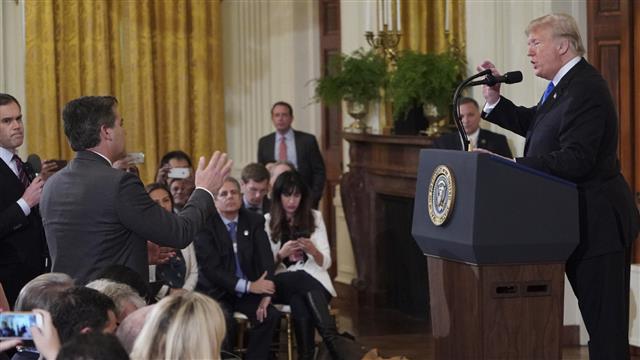By Ben Kaplan – Ithaca College (Journalism, ’19)
Journalism is a unique profession in that there is no set job description. We are learners and teachers at the same time. We dictate the news and we respond to it. We are tools of communication and of change. It is near impossible to pigeonhole the reporter’s role to one label; though that is something those who do not understand or would like to discredit the impact of media often try to do.
As a society, we are so focussed on the buzzwords (activist journalism, mainstream media, objectivity, etcetera) that we often lose focus of the actual content. In a column from the New York Times titled “Journalism, Even When It’s Tilted,” David Carr explains why it can be senseless and even distracting to focus on label journalism. He uses Guardian writer Glenn Greenwald as a case study of how a journalist tries to balance their personal beliefs with their journalistic duties.

Glenn Greenwald, a reporter for the Guardian, came under fire in 2013 when he aided Edward Snowden in the leaking of classified government information
Carr begins by saying how taxonomy does matter in a legal sense; how journalists are afforded certain protections and access to information that the general public does not have, but even then it can be a grey area. Carr uses “activist journalism” as an example of the fine line that reporters must walk. He defines an activist, in terms of public perception, as “someone who is driven by an agenda beyond seeking information on the public’s behalf.” An activist journalist is therefore someone who pursues a certain issue for reasons other than the issue being newsworthy, which wouldn’t that be most journalists? As Carr goes on to say, there is a dichotomy between how some members of the public view media and how outlets and reporters often see themselves. Are we a tool for social change? Or are we just supposed to read the headlines and tell people whether or not they need a rain jacket today. Though most journalists would not recognize truth-seeking and accountability as sinister underlying agendas, the public is less familiar with what these ideals mean and how they should properly be portrayed in the media. Which is why “activist journalism” is often recognized as bias and the term itself has been used to denounce the work of journalists who are attempting to go against the status quo.

Jim Acosta, a White House correspondent for CNN has been making headlines for his outspoken criticism of President Trump
Though Carr’s column is from 2013, his ideas are still extremely relevant today. While reading his piece, I immediately thought of CNN’s Jim Acosta, who is currently the star of an ongoing legal battle between the outlet and the White House over his press credentials. He is a current-day example of activist journalism at its most extreme. Some say he is standing up for the freedom of the press against an administration that is constantly trying to take those rights away, while others say he is a flagrant example of media bias.
Regardless of political affiliation, it is hard to not recognize that Acosta has deliberately made a name for himself in his outspokenness of the Trump Administration. Like Greenwald, he has ascended above the traditional anonymity of the press to being a household name.
And I think this is where the true danger lies; not so much in the political or social beliefs that Acosta may be trying to project, but in how he wants to be the person of interest. This is the key difference between the two. Greenwald maintained his integrity by putting the story first. Acosta does not seem to mind that he is the story; and that is where I would draw the line. When a journalist chooses to forego even the most base attempts to maintain objectivity by inserting himself into an issue as Acosta has done, then he is doing more to hurt any advocacy efforts no matter how noble the cause.

